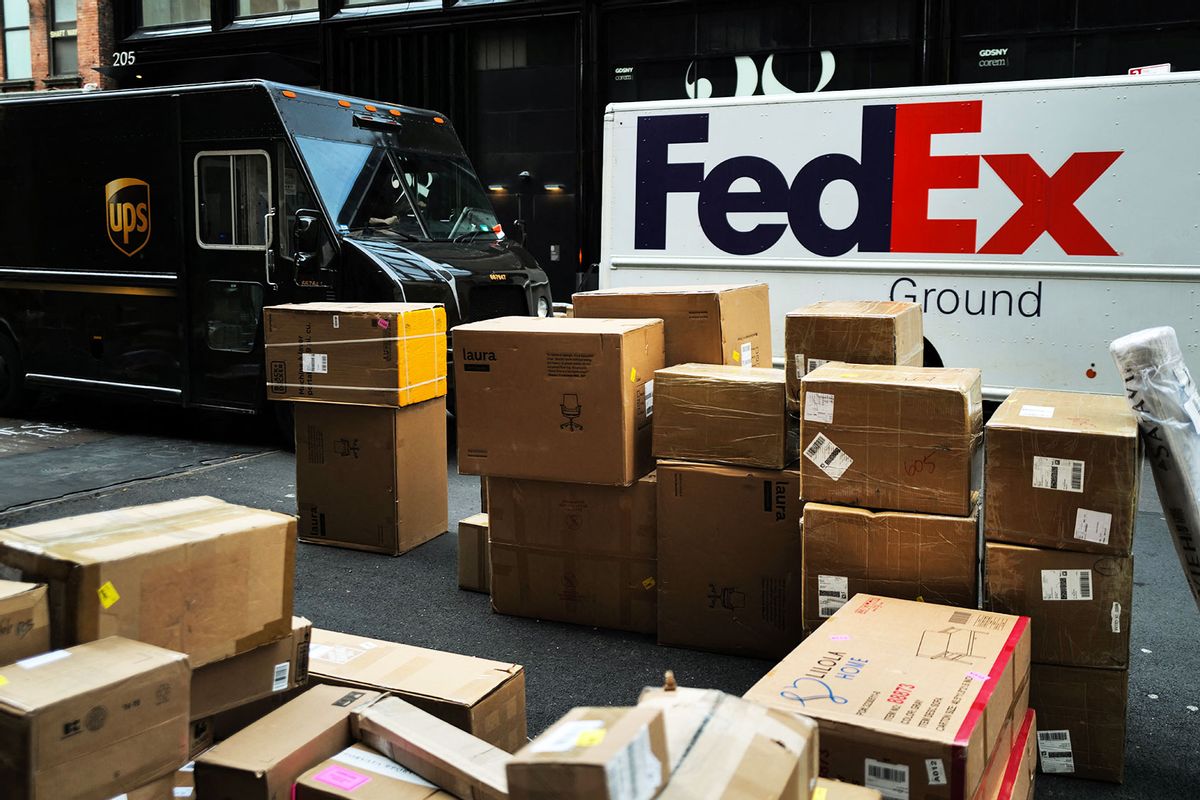From fruit blenders to noise-canceling headphones, e-commerce sites are slashing prices on almost everything for Cyber Monday, the biggest online shopping day of the year.
Consumer spending during Cyber Week — the five days between Thanksgiving and the Monday after — is a good indicator of what retailers can expect going into the holiday season. According to The Associated Press, consumers are expected to spend $13.2 billion on Monday, with spending at an estimated $15.7 million per minute during peak hours of 8 p.m. to 10 p.m.
Following this estimate, consumer spending is expected to perform relatively well during the holiday season and could relieve some retailers who had a lackluster Black Friday, according to Reuters. Brick-and-mortar stores reported notable dips in foot traffic across the U.S, while online sales hit $10.8 billion, an increase of more than 10% over a year ago, USA Today reported.
Online spending on Cyber Monday is expected to grow to 8.4% in 2024 from 4.9% in 2023, thanks to an increase in brand-promoting social media influencers and companies investing in online loyalty programs with exclusive deals.
Jie Zhang, a marketing professor at the University of Maryland’s Robert H. Smith School of Business, told The Associated Press he expects shoppers to “indulge themselves a bit more” this year with self-care gifts.
But even though holiday shoppers are still on track to buy more this year, the National Retail Federation and Deloitte expect the growth of spending to be at its slowest in six years.
Consumers are being more cautious with what they spend their money on as the result of several years of inflation, comparing prices of goods across retailers and refraining from purchasing non-essential items. Economists also warn that President-elect Donald Trump’s proposed tariffs on foreign goods may raise prices on many items, from food to electronics to furniture.
Read more
about personal finance



Shares